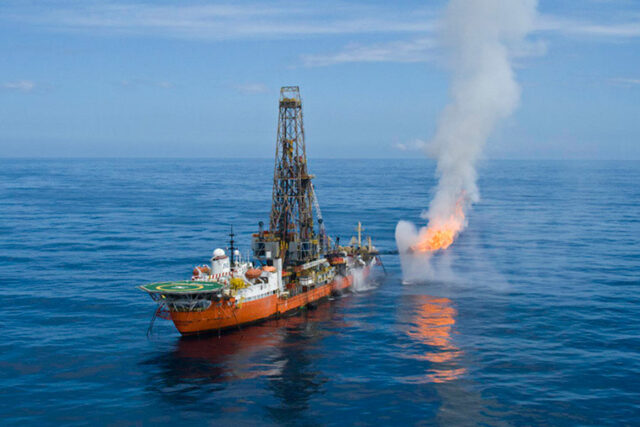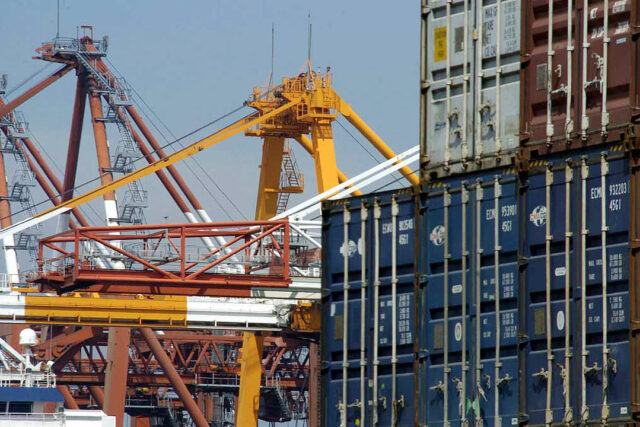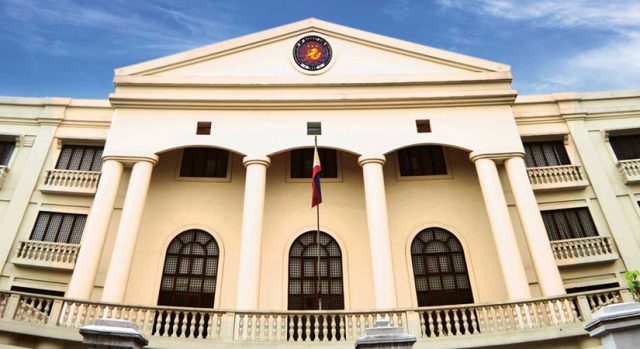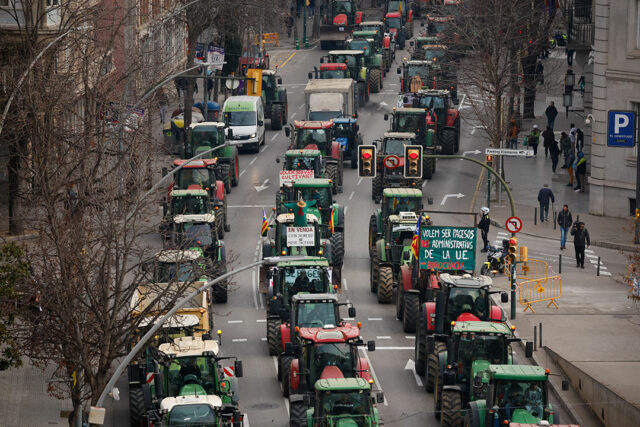Philippine shares down on dovish BSP comments
LOCAL SHARES declined on Thursday due to profit taking and following dovish remarks from the Bangko Sentral ng Pilipinas (BSP) governor.
The Philippine Stock Exchange index (PSEi) dropped by 0.49% or 36.67 points to close at 7,400.33 on Thursday, while the broader all shares index lost 0.52% or 21.32 points to end at 4,076.24.
“Profit taking again weighed on the index, despite the BSP Monetary Board’s decision to cut rates by 25 basis points (bp) yesterday (Wednesday),” AP Securities, Inc. Research Head Alfred Benjamin R. Garcia said in a Viber message.
Stocks declined “because the tone of the BSP was tempered in terms of monetary policy actions moving forward. The BSP used the words ‘baby steps,’” AB Capital Securities, Inc. Vice-President Jovis L. Vistan said in a Viber message.
The Monetary Board on Wednesday cut benchmark interest rates by 25 bps, as expected by 16 of 19 analysts in a BusinessWorld poll, as price pressures remain manageable. This brought its policy rate to 6%.
The BSP in August kicked off its easing cycle with a 25-bp reduction, marking its first rate cut in nearly four years.
BSP Governor Eli M. Remolona, Jr. said at a briefing that they could cut benchmark rates by another 25 bps at their Dec. 19 meeting, noting that a one-time 50-bp reduction could be “too aggressive a cut,” except in a hard landing scenario.
Mr. Remolona added that they could slash rates by 100 bps in 2025, but said they prefer to take “baby steps” in their policy easing cycle.
“Last-minute profit taking brought the local market down this Thursday. Contributing to the market’s decline is the lingering weakness of the local currency,” Philstocks Financial, Inc. Senior Research Analyst Japhet Louis O. Tantiangco said in a Viber message. “Foreign investors, which were net sellers for the day, added to the market’s drop.”
On Thursday, the local unit ended at P57.80 per dollar, down by 10 centavos from its P57.70 close the previous day, according to Bankers Association of the Philippines data.
Net foreign selling reached P47.87 million on Thursday versus the P841.27 million in of net foreign buying recorded on Wednesday.
Almost all sectoral indices closed lower. Holding firms declined by 1.17% or 73.85 points to 6,217.34; mining and oil dropped by 1.05% or 91.19 points to 8,578.30; industrials went down by 0.54% or 54.80 points to 10,047.79; property retreated by 0.51% or 15.25 points to 2,929,32; and services inched down by 0.25% or 5.69 points to 2,256.37.
Meanwhile, financials rose by 0.38% or 9.17 points to 2,410.91.
Value turnover decreased to P5.91 billion on Thursday with 938.004 million shares traded from the P6.95 billion with 831.76 million issues that changed hands on Wednesday.
Decliners outnumbered advancers, 102 to 92, while 64 names were unchanged. — Revin Mikhael D. Ochave













